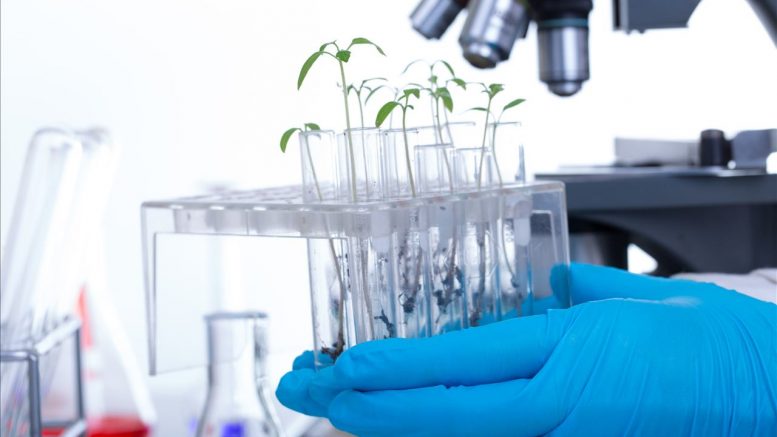It has been 20 years since the wholesale adoption of genetically modified crops by American and Canadian agriculture. However, the promises of higher yields and less pesticide use were not enough to tempt farmers and policymakers in Western Europe, where the gene splicing technology has been largely rejected.
Data released this month by the Food and Agriculture Organisation of the United Nations and the US National Academy of Sciences purports to undermine the fundamental propositions made by agri-chemical giants such as Monsanto, DuPont and Syngenta.
Both studies show that there has been no discernible advantage in crop yields – food produced per acre – over Western Europe’s more conventional crops. Concurrently, herbicide use has increased in the US, despite the modification of major crops such as corn, soybeans and cotton.
According to the United States Geological Survey, the application of toxins that kill insects and fungi has fallen by a third, but the use of herbicides, which are sprayed in much higher volumes, has risen by 21 per cent.
France, with a similarly modernised farming industry, has reduced insecticides and fungicides by as much as 65 per cent and cut herbicide use by 36 per cent over the same period.
research has attributed the loss of nearly 17 million IQ points among American children 5 years old and under to just one class of insecticides.
Health scares over GM foods have yet to be borne out under conventional scientific precepts, though the ability of any method to establish hard links from food to health is necessarily precarious.
“There is an indisputable case for regulations to be informed by accurate scientific information, but history makes clear that solely ‘science-based regulation’ is rare and not necessarily desirable,” said Professor Fred Gould, co-director of the Genetic Engineering and Society Centre at North Carolina State University. “How would science alone decide on how important it is to prevent the decline in monarch butterfly populations?”
Environmentalists argue that the simplification of seeds and gigantic proportions of GM crop tracts have created a fertiliser and pesticide dependency among the monoculture. The natural ecosystems have been obliterated and the excess production of corn and soy-based junk foods has been detrimental to the health and longevity of populations.
“These chemicals are largely unknown,” said Professor David Bellinger at the Harvard University School of Public Health, whose research has attributed the loss of nearly 17 million IQ points among American children 5 years old and under to just one class of insecticides.
“We do natural experiments on a population,” he said, referring to exposure to agricultural chemicals, “and wait until it shows up as bad.”
Because the industry makes both the seeds and the poisons, it stands to gain regardless of fluctuations in spraying. Monsanto, the largest GM seed producer, is involved in merger talks with Syngenta, the Swiss pesticide giant, which would lift their combined values to more than $100 billion each.
In a letter to the New York Times, Robert T. Fraley, Monsanto’s chief technology officer, wrote: “Whether they’re growing crops on thousands of acres in Illinois or on a small plot in India, farmers are smart business people who won’t waste time or money on tools that don’t deliver results. When nearly 20 million farmers around the world choose to invest in genetically modified seeds for two decades, it is because farmers are seeing better harvests”.
Figures from the US Department of Agriculture, quoted in the New York Times, show herbicide use “skyrocketing in soybeans, a leading GM crop, growing by two and a half times in the last two decades, at a time when planted acreage of the crop grew by less than a third”. Weed resistance problems in both soybeans and corn have pushed up overall usage.
The industry has pivoted around the pressing problems of growing global populations and climate change, with a mantra of “heal, fuel and feed the world”.
But Professor Jack Heinemann, at the University of Canterbury in New Zealand, who has studied trans-Atlantic yield trends, said: “Western Europe hasn’t been penalised in any way for not making genetic engineering one of its biotechnology choices”.
The ongoing consolidation among agri-chemical groups will further concentrate corporate power. This hegemony may drive up costs, inhibit public sector research and undermine the rights of farmers to save and exchange seeds. Some farmers will say it’s a price worth paying for a simpler life; others that undermining diversity is antithetical to the natural world.
By James Fitzgerald




